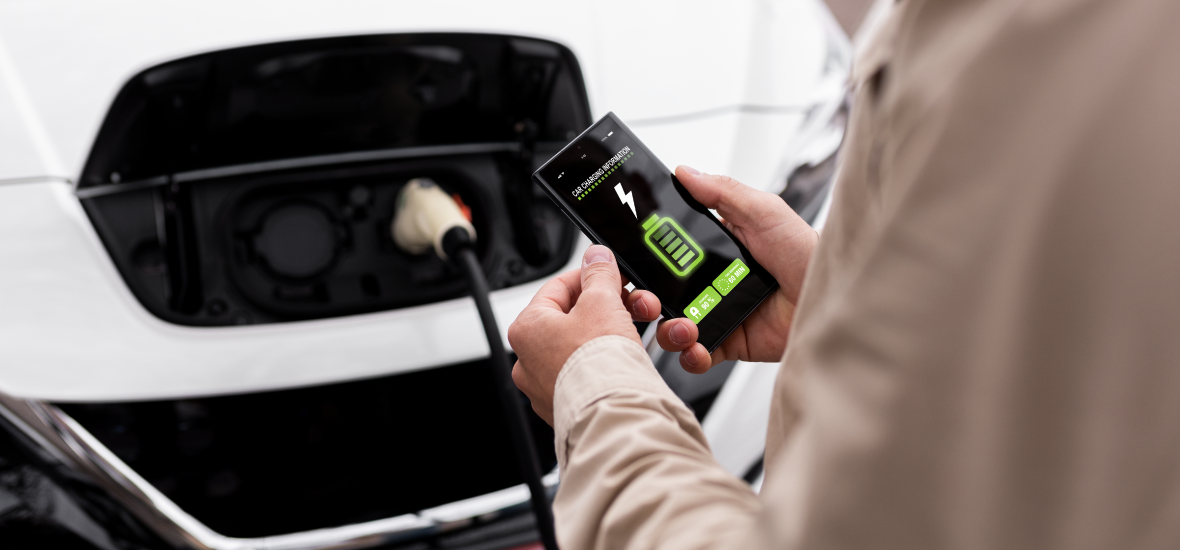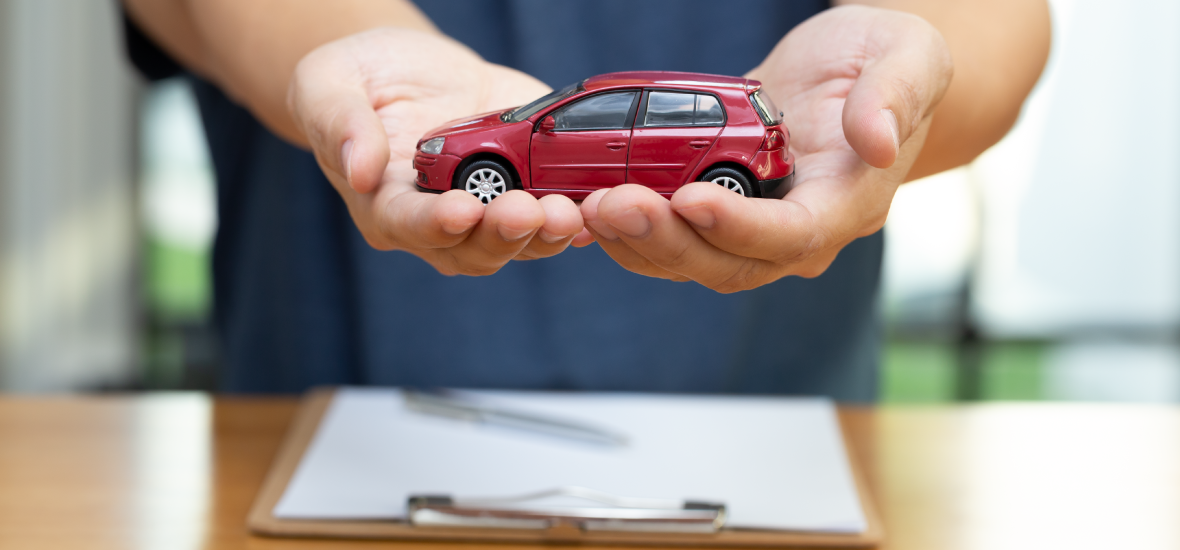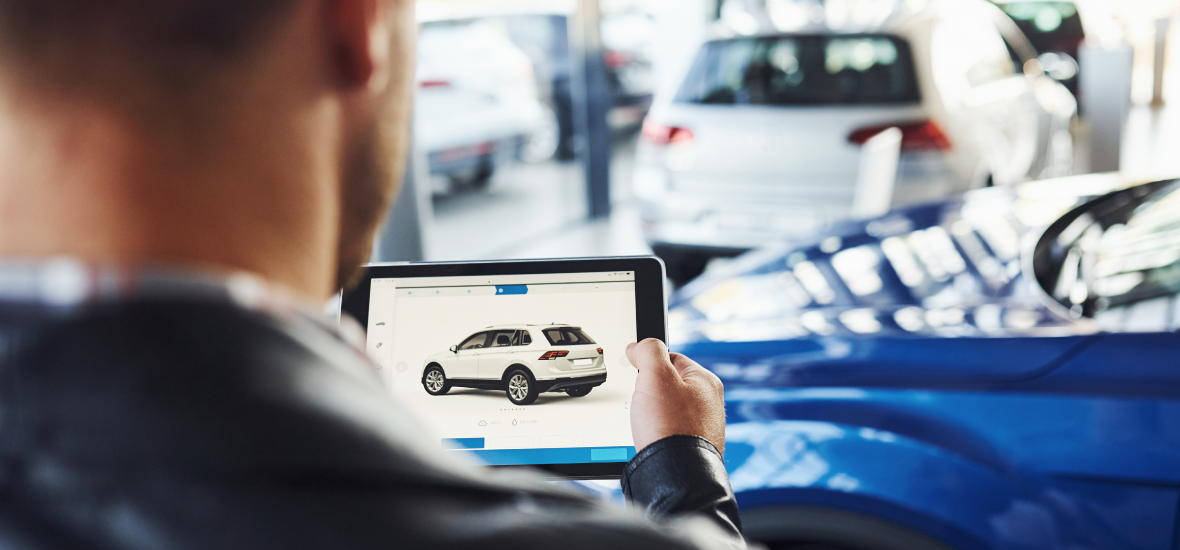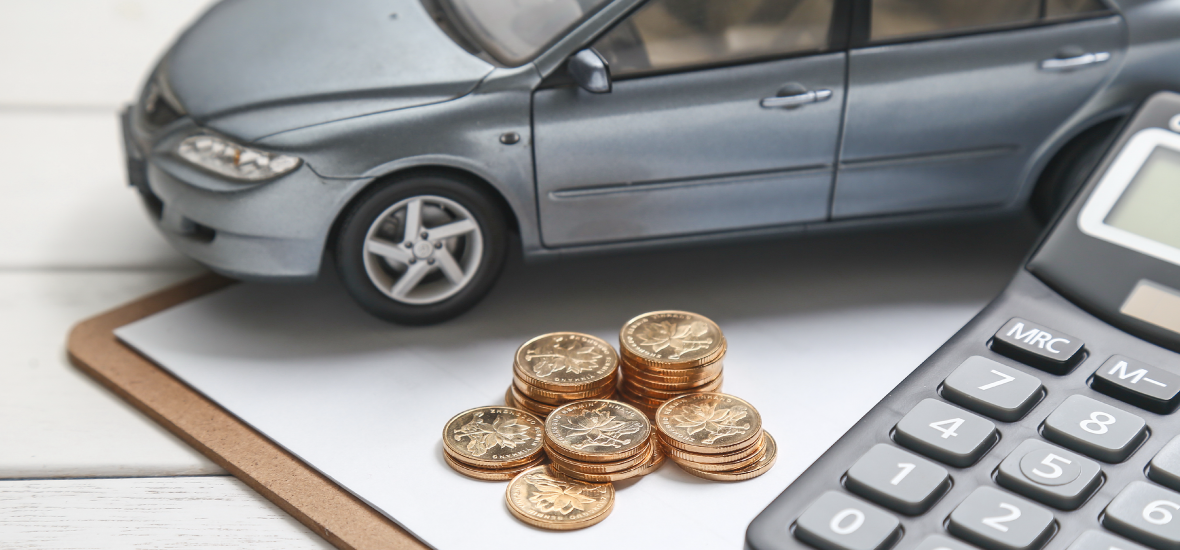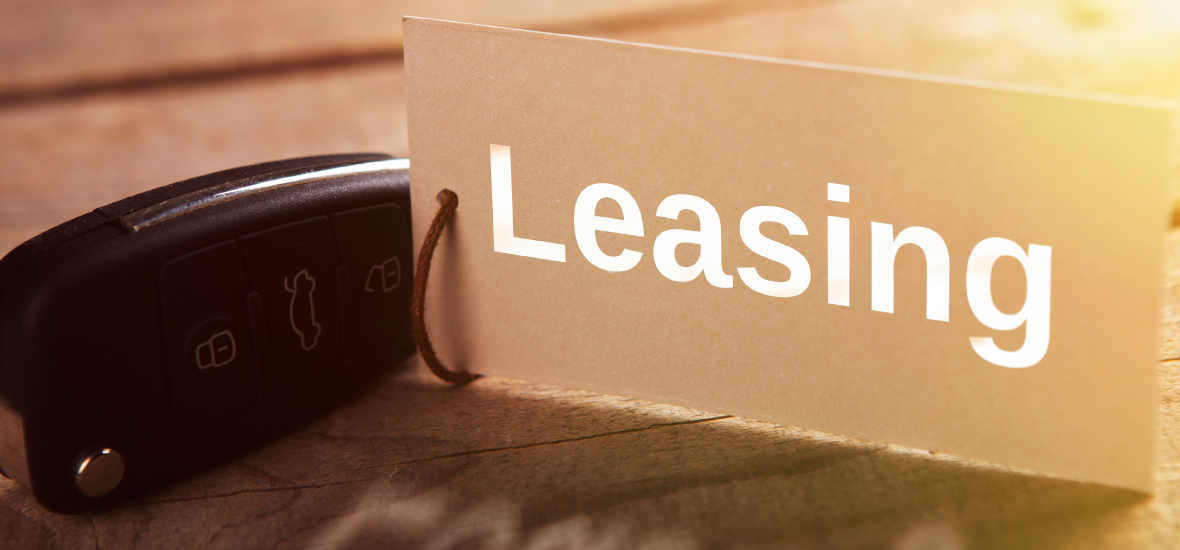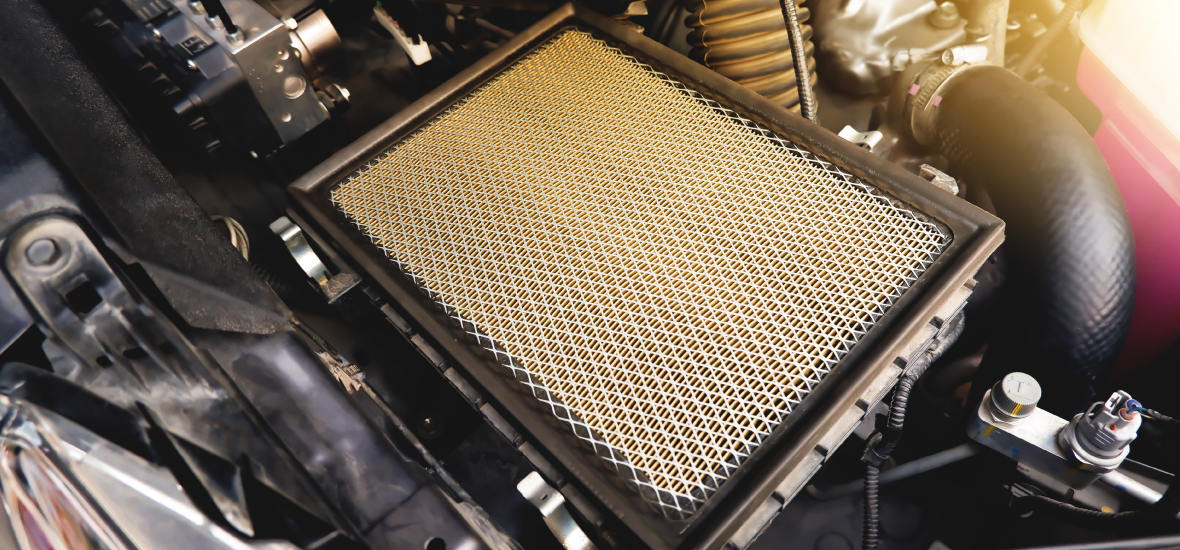
Three Most Important Features Of A Used Car In Atlanta, GA
Buying a used car is much more affordable and becoming a more popular option for first-time owners. In current economic conditions where inflation is high and prices of goods are constantly increasing, most people do not wish to spend a fortune on a new car. The used car market is also much larger than the new car market and presents people with the opportunity to enjoy the convenience and efficiency of a used car.
However, before rushing off to buy a used car, it is important to do your homework first and consider your driving needs and what you require from your vehicle. You should also ensure that the cars offer the correct features to meet your requirements. When buying a used car, there is always the risk of a defect or serviceability issue, hence it is important to consider these features of a used car before purchase.
Safety
Safety is an important consideration for any car and should be a priority especially if you are purchasing a used car. Over the years, car manufacturers constantly roll out new safety features, revisions, and upgrades to better protect drivers while ensuring their vehicles earn better ratings in safety tests.
A used car model which is very old may not have the same safety features as a newer model, but this doesn’t mean that your safety is compromised. Most cars are equipped with basic safety features such as airbags, crumple zones, anti-lock brakes, and power steering. By determining which safety features are a necessity for your driving needs, you will be able to shortlist the list of used car models which are suited for you.
For example, you may prefer a car that has blind-spot detection or pedestrian detection braking. Before deciding to purchase your desired used car, you should also ensure that all its safety features are properly working.
Mileage
Mileage is another important feature that you should check before purchasing a used car. When shopping for used cars in person, check the odometer of the car for the mileage. If you are purchasing online, you can also check for the mileage of the car via the website of the dealer.
Mileage is important as it determines the wear and tear of the car on the used car. It is also a signal of the car’s lifespan as used cars with a mileage of 100,000 miles and above will probably not last long and may have various problems. In general, cars with lower mileage have a longer lifespan and function better.
Service History
Before purchase, you should always check the service and maintenance history of the car. A lack of service on a vehicle may be a worrying sign as it may be indicative that the car was not properly cared for and serviced during the previous ownership. However, you should also be wary of cars that have been serviced too many times within a short duration, as it could indicate that the car has major defects or issues.
In general, cars should be serviced twice a year or every 10,000km. Checking the service and maintenance history of the car will also inform you of any previous issues or defects the car has and gives you a better understanding of the car.
